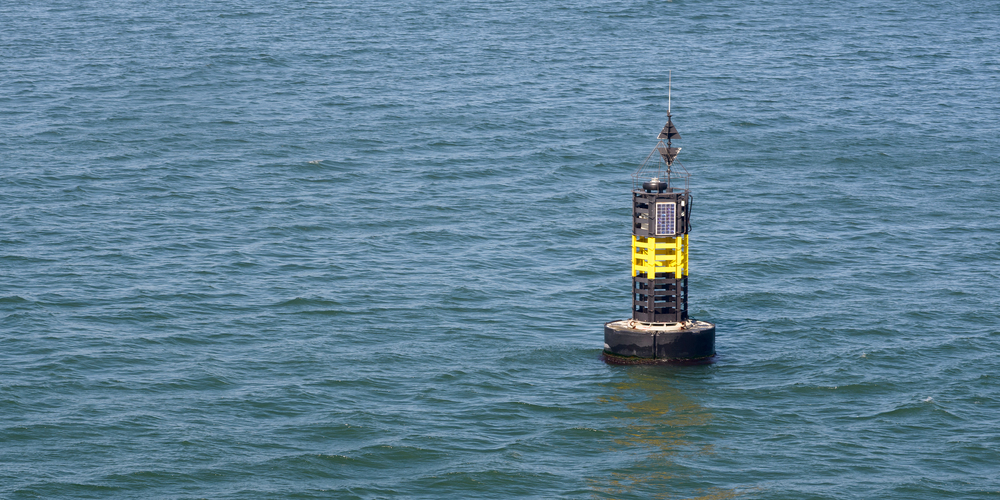What is the future of technology and sustainable shrimp farming?
In 2020, the #WWF (worldwide fund for nature) published a policy guide regarding the shrimp farming sector.
The guide called “Future-Proofing Shrimp Production” characterized many shrimp farming practices as unindustrialised and unsustainable. The reliance on natural resources without proper management can negatively affect water pollution, over-exploitation of the environment, and increased carbon emissions.
Researchers and experts suggest that controlled intensification can be a solution in making shrimp farming more productive and sustainable. Currently, many smallholder producers lack the capacity to implement more intensive production practices. Intensive production systems use more controlled operating methods. These practices help produce an increased number of shrimps per land area, and mitigate the impact on water quality and reducing disease risk.
Directing future investments and capital towards technology can improve farming practices can bring higher returns for farmers. However the fragmented and remote distribution of shrimp farms makes it difficult to collect data on production or financial performances. These challenges make the adoption of technology and transition to improved sustainability more complicated.
New technology being developed will have a significant impact on the industry in coming years. Four key areas in which we believe technology will play an important role are listed below.
- Increase transparency to ensure farm operations engage in more responsible and sustainable practices.
- Early detection on diseases and water quality issues.
- Track sustainably produced shrimp through the supply chain.
- Provide industry supply side insights.
Remote monitoring technologies using satellite imagery, internet connected sensors and mobile phone applications for farmers can be the solution and the future of sustainable shrimp farming.
How does the remote monitoring system work? Data is collected through satellite observations, on farm sensors farm management platforms managed by farmers.
The data collected from remote monitoring can be analyzed to produce insights for farm operations, feed production and distribution, detection and tracking of disease outbreaks, and validation of production statistics. It can also play a pivotal role in boosting environment and social improvement efforts through area-based assessments accelerating the transition to a more sustainable and profitable shrimp farming industry.
Please let us know your views by joining the ShrimpStar Community Forum through this link https://community.shrimpstar.com/
